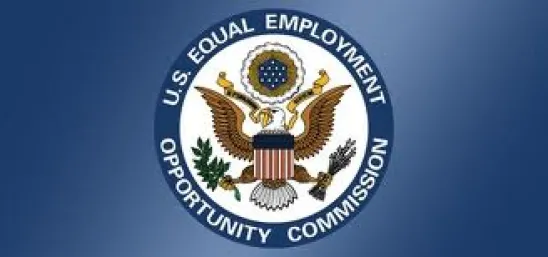Senate Bill 2693, the “EEOC Reform Act,” would put a halt to implementation of the proposed pay data revisions to the EEO-1 report so the Equal Employment Opportunity Commission instead can focus on the tremendous backlog of “76,408” discrimination charges pending at the close of fiscal year 2015.
The bill, introduced by Health, Education, Labor and Pensions Committee Chair Senator Lamar Alexander, submits that EEOC must do a much better job of determining the actual costs of the proposal and the agency has more pressing priorities that ought to be accomplished first.
The bill would require EEOC to better estimate the cost of collecting and securing the proposed pay data by gathering and ensuring the protection of federal employee pay data before implementing the EEO-1 revisions. Under the bill, EEOC will be required to:
• As a test case, collect federal employee pay data information from each federal Department or Agency corresponding to the same pay data EEOC proposes to collect regarding private employees;
• Verify, comply, and ensure the security and confidentiality of the federal employee data;
• Publish that federal employee data in the aggregate;
• Determine:
-
The number of EEOC employees, employee hours, and cost necessary to accomplish those tasks;
-
The number of EEOC employees and hoursdiverted from addressing pending charges to these tasks and publish that information;
• Using this information regarding federal employees as a gauge:
-
Calculate the number of EEOC employees, hours, and cost necessary to collect and protect pay data of private employees;
-
Determine the number of EEOC employees and hours diverted from addressing pending charges to these tasks for private employees and publish that information;
-
Publish this information; and
-
Report all this published information to Congress.
EEOC would be required to collect, publish, and report this information annually.
In addition, EEOC would be required to develop software for securely archiving and protecting all this data. After the software is developed, EEOC must develop a detailed and specific plan (the “Comprehensive Plan”) for how the data would be used for enforcement purposes, a task which the bill submits EEOC has failed to accomplish.
After EEOC submits the first annual report to Congress and completes the Comprehensive Plan, EEOC would then be permitted to submit the published information and the Comprehensive Plan as part of its effort to obtain Office of Management and Budget approval to collect the proposed pay data from private employers.
Before implementing the revised EEO-1, EEOC also would be required to reduce its inventory of pending charges to “not more than 3,660” from the 76,408 pending at the close of FY 2015.
What does this mean? It would likely mean a significant delay, perhaps a year, in the implementation of the revised EEO-1. EEOC would need to fulfill the foregoing obligations as well as reduce its backlog of charges.
Moreover, the bill provides that if the revised EEO-1 is implemented before the bill is enacted, upon passage of the bill, EEOC must stop implementation until it complies with these requirements.








 />i
/>i

